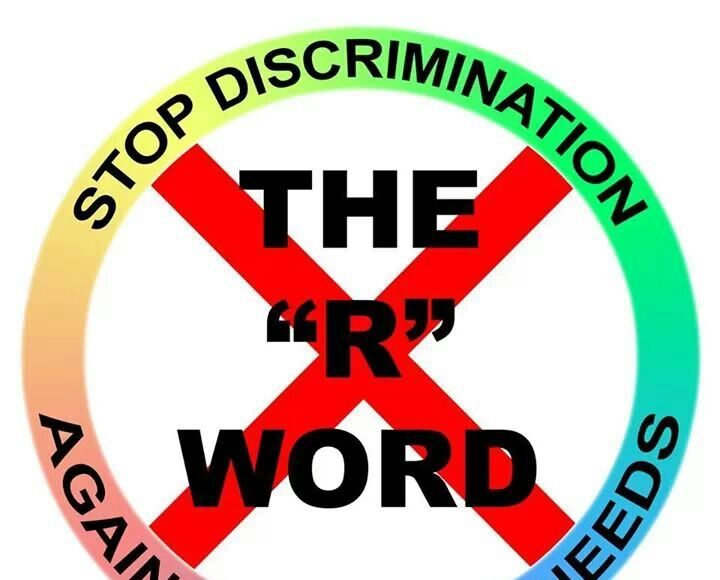In recent years, there has been a significant push to eliminate the use of the R-word, a term once associated with describing intellectual disabilities. However, its derogatory nature and the harm it inflicts on individuals with intellectual disabilities have led to widespread efforts to remove it from our vocabulary. Let’s delve into why the R-word is considered harmful and outdated, and why it’s crucial to replace it with more respectful language.

Understanding the R-Word and Its Origins
The R-word and its variations, such as “R-worded,” are euphemisms for “retard” and “retarded.” Originally introduced as a medical term to describe individuals with intellectual impairments, it was meant to be neutral but has since evolved into a derogatory slur. In medical and legal contexts, “mental retardation” has been formally substituted with “intellectual disabilities” or “cognitive disabilities”.Efforts to eliminate the R-word gained momentum with the passage of Rosa’s Law in 2010, which removed references to “mental retardation” “harmful impact on brain” from US federal law. Subsequently, new terminology, such as “intellectual developmental disorders” and “intellectual disability,” was adopted in the DSM-5 and the ICD-11, reflecting a more respectful and inclusive approach.
Intent vs. Impact: Recognizing the Consequences of Language
While some may argue that they use the R-word without intending to offend, it’s essential to recognize the harmful impact of language on individuals and communities. Language evolves, and what may have been acceptable in the past can now be considered harmful and discriminatory. Choosing to use terms like “intellectual developmental disorders” acknowledges the dignity and humanity of individuals with cognitive disabilities.
Campaigns Against the R-Word: Promoting Awareness and Change
Organizations like the Special Olympics have spearheaded campaigns to raise awareness about the harmful effects of the R-word. Through initiatives like “Spread the Word to End the Word,” individuals are encouraged to pledge not to use the R-word and to promote more inclusive language. Celebrities, including actress Lauren Potter, have lent their voices to denounce the use of the R-word, amplifying the message of respect and dignity for all.
Educating Future Generations: Teaching Kids to Choose Respectful Language
Bullying, including the use of derogatory language like the R-word, remains a prevalent issue in schools. Research indicates that educating children about the importance of respectful language can effectively reduce harmful impact of R-word and its use. By equipping students with the tools to address these issues and empowering them to speak up, we can create more inclusive environments where all individuals feel valued and respected.
Moving Forward: Embracing Respectful Language Practices
As society continues to evolve, so too must our language and attitudes towards individuals with disabilities. By retiring the R-word from our vocabulary and embracing more respectful language practices, we affirm our commitment to fostering a society that values diversity and inclusion. Let us seize the opportunity to create a world where every individual is treated with the dignity and respect they deserve. In summary, the use of the R-word is not only outdated but also harmful and disrespectful. By replacing it with more inclusive language and promoting awareness about its negative impact, we can create a more compassionate and inclusive society for individuals of all abilities. Let’s join together in retiring the R-word and embracing language that reflects our commitment to respect, dignity, and equality for all.
For further Information: https://constrofacilitator.com/
Read our previous articles: https://scitechupdate.com/index.php/social-media-negative-effects-teenagers-brain/
https://scitechupdate.com/index.php/israel-advances-cancer-treatment-with-genomic-profiling/https://scitechupdate.com/index.php/stomach-cancer-causes-signs-and-treatment/








